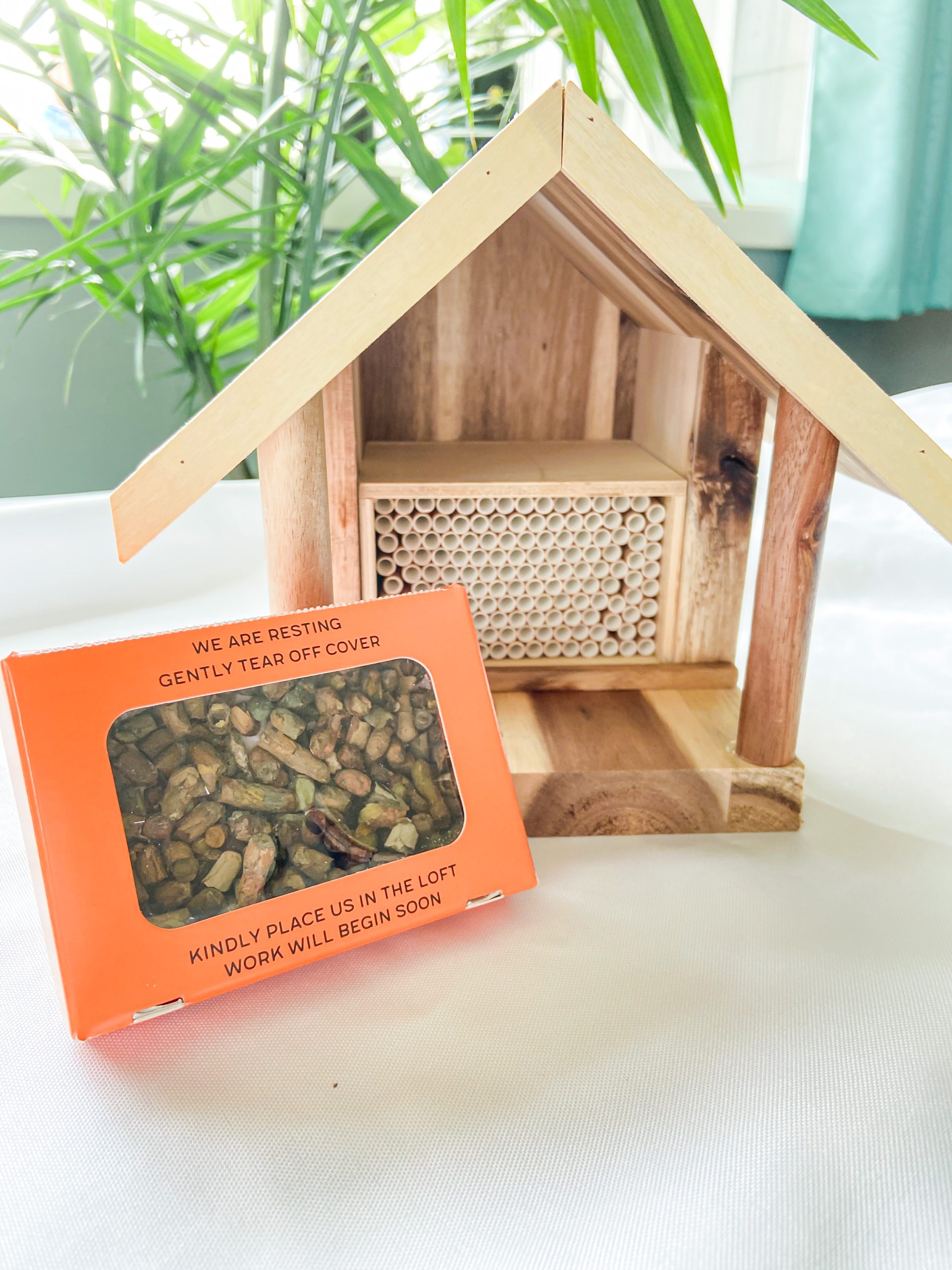Want to grow all your own produce this year? At Kind Bee Farms, we have pollinator bees for sale that can help your fruits and vegetables grow big, nutritious, and delicious!
The best way to attract leafcutter bees to your garden plot is to plant fruits and vegetables that they love. Keep reading to learn how to cater your garden to leafcutter bees and how you can get your own super pollinators from Kind Bee Farms!
Best Low-Growing Fruits and Vegetables for Leafcutter Bees
Here is a fun fact about leafcutter bees: They prefer plants that grow low to the ground! These varieties make it easier for the bees to reach the plants and continue pollination at an accelerated rate (twenty times the rate of honey bees!).
To ensure your bees visit your garden regularly, here is a list of different fruits and veggies that leafcutter bees love:
Vegetables
Many vegetables are low-growing, which makes planning the savoury part of your garden a breeze! Some vegetables that attract leafcutter bees include:
- Peas and Beans: Despite being self-pollinating plants, peas and beans can produce a much higher yield with the help of insect pollination.
- Carrots: Carrot flowers require pollination for their seed production and are easily accessible for leafcutter bees!
- Cucumbers: Leafcutter bees can help your cucumbers grow fuller and straighter.
- Tomatoes: Pollination produces larger, juicer tomatoes that you can eat off the vine!
Fruit
Many fruits grow on trees, which can be hard for leafcutters to reach. Berry bushes, however, are easily accessible for leafcutter bees!
Regular visits from these super pollinators lead to bigger, juicer, and more flavourful berries with improved fruit sets and quality.
Some berries you can plant include:
- Strawberries
- Blueberries
- Raspberries
How to Support Leafcutter Bees in Your Produce Garden
In addition to planting the right foods for your leafcutter bees, there are other things you can do to create an environment that promotes pollination and growth! You can support the work of your leafcutter bees by doing the following:
Avoid Organic Sprays that Harm Insects
Steer clear of insect plant sprays—yes, even the organic ones! Anything organic that kills an insect will kill a leafcutter bee, preventing them from helping your delicious produce grow.
To be on the safe side, we suggest sticking to the tried-and-true method of removing pests by hand.
(Some formulations of horticultural oil may be safe for leafcutter bees and act as an insecticide alternative, but do a lot of research on your chosen brand before spraying it.)
Mount Your Bee House Close to Your Garden
Place your bee house close enough to the garden that your bees will have an easier time finding your plants!
The bee house should sit within 300ft of your fruits and vegetables to ensure your bees don’t have to fly too long to find them.
Prevent Bee House Invaders
You may run into pests trying to infiltrate not only your garden but the bee house, too. Ants are a common invader to leafcutter bee houses, but you can deter them by lining the house post with Vaseline or olive oil.
Your bee house should also be mounted 4ft (or waist-height) off the ground to prevent ants, mice, and other critters from invading your bees’ personal space. A metal post acts as a great mount, as most insects do not climb up metal.
Bring in Your Harvest with Kind Bee Farms
Grow your fruit and vegetable garden with the super pollinators from Kind Bee Farms! Visit our Shop to place an order today.
Want to keep up with our team at Kind Bee Farms? Subscribe to our newsletter!

